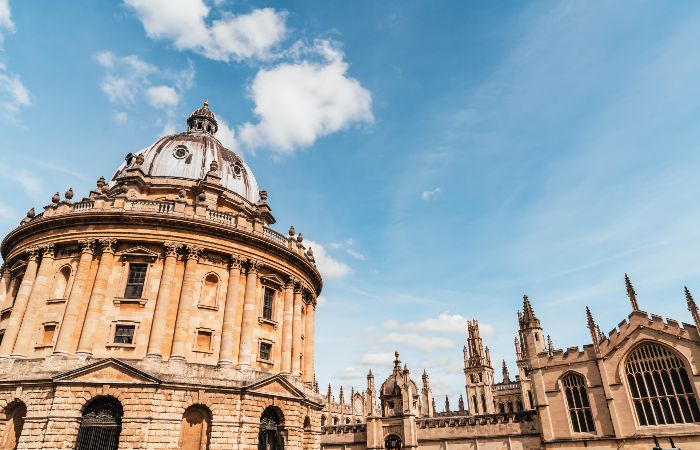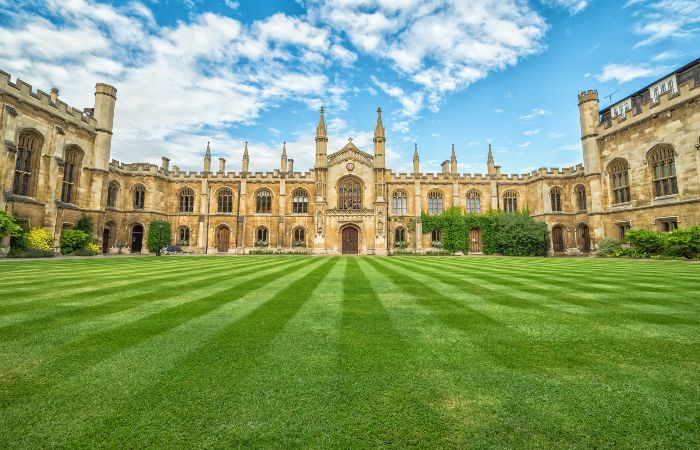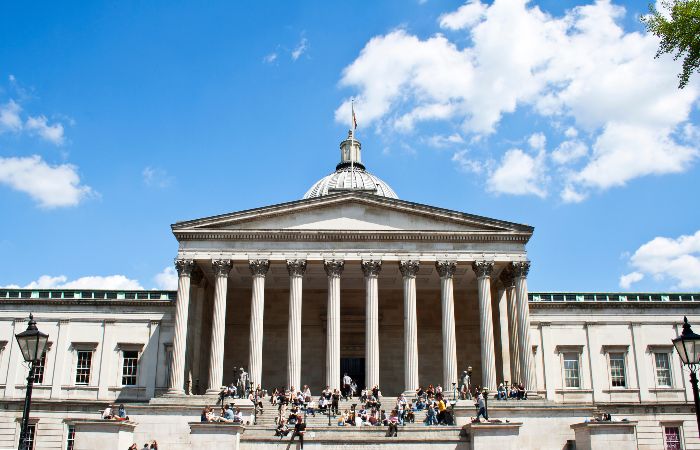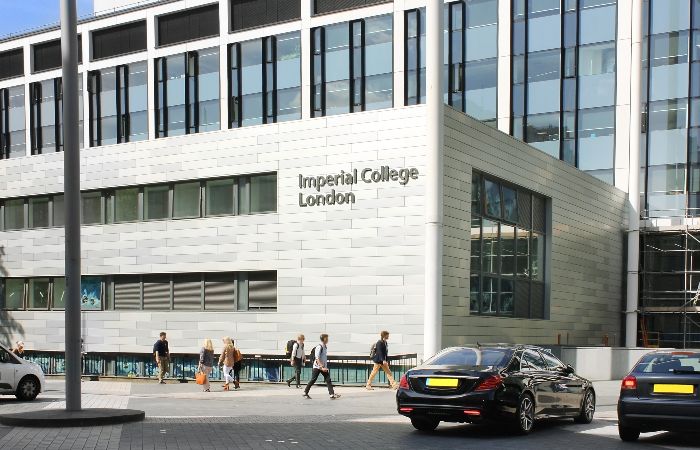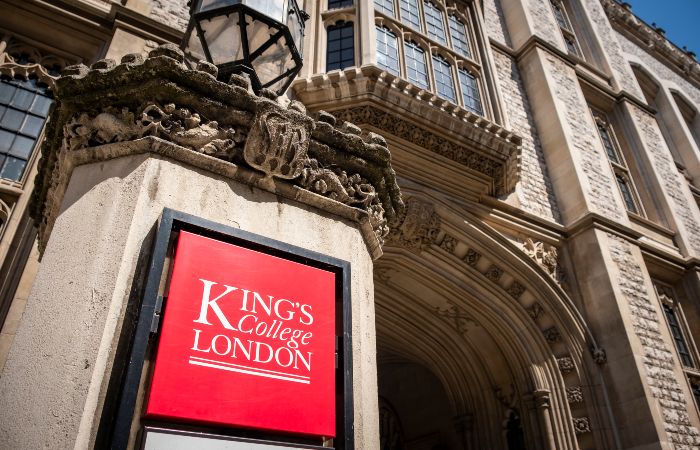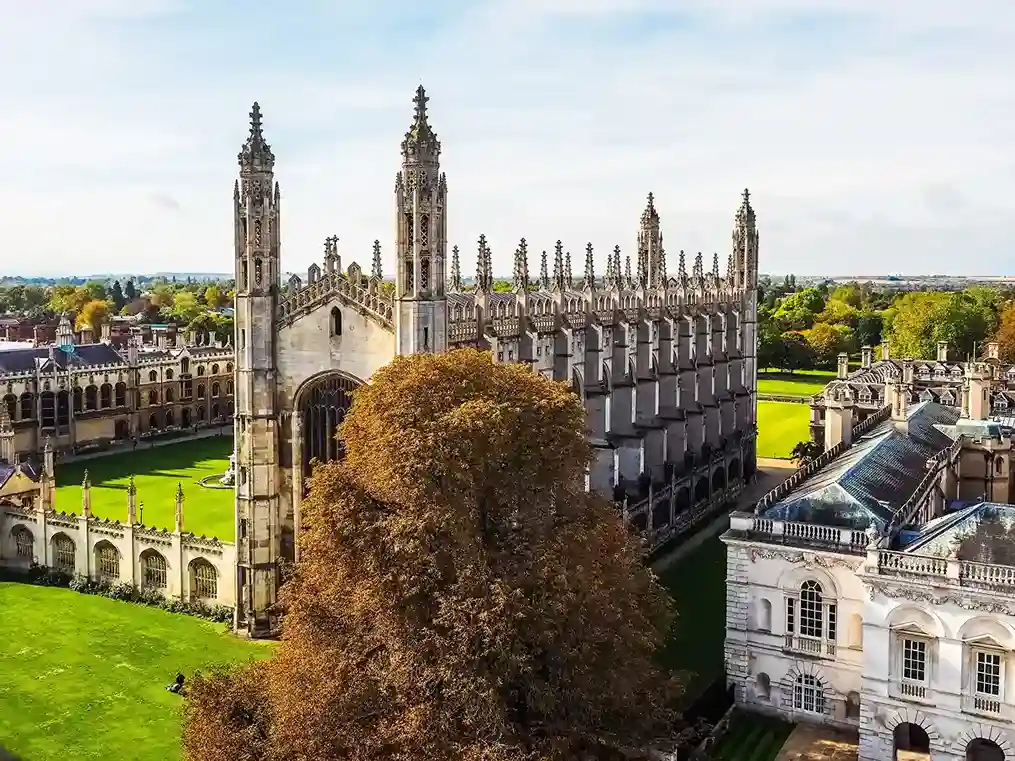Why Study in UK The UK is home to several highly-ranked universities that uphold stringent academic standards. Most universities here prioritise career prospects for students. The Graduate Route is available post-study in UK for Indian students, enabling graduates to obtain a work visa for two or three years. Let’s better understand the reasons students choose to study here. Why Choose UK for Study
- Quality Education
- Course Selection Flexibility
- Historical Legacy
- Career Opportunities
- Cultural Diversity
- Primary Education
- Secondary Education
- Further Education
- Higher Education
- Primary Education
- Secondary Education
- Further Education
- Higher Education
- Undergraduate Courses
- Postgraduate Courses
- Other Undergraduate Courses
- English Language Proficiency Exam
- Academic Qualifications
- Transcripts and Documentation
- Visa Requirements
- Imperial College London
- University College London
- King’s College London
- London School of Economics and Political Science (LSE)
- Queen Mary University of London
- University of Oxford
- University of Cambridge
- University of Edinburgh
- University of Manchester
- University of Bristol
- University of Oxford
- University of Cambridge
- University of Edinburgh
- Imperial College London
- University of Manchester
- King's College London
- London School of Economics and Political Science (LSE)
- University of Bristol
- University of Warwick
- University of Glasgow
- Sheffield Hallam University
- University of Warwick
- Birmingham City University
- University of Central Lancashire
- University of Greenwich
- University of Bristol
- University of Glasgow
- University of Birmingham
- Queen’s University Belfast
- Middlesex University
- Medicine
- Engineering
- Data Science
- Social and Public Healthcare
- Business Analytics
- Computer Science and Information Technology
- Environmental Sciences
- Financial Management
- Supply Chain Management
- Technology
- Business and Management
- Engineering
- Computing and Information Technology
- Medicine
- Law
- Business Analytics
- Social and Public Healthcare
- Environmental Sciences
- Psychology
- Accounting
- Medicine and Dentistry
- Computer Science
- Engineering
- Business and Administration (MBA)
- Education and Training
- Medicine
- Computer Science
- Engineering
- Business and Management
- Economics
- Law
- Psychology
- Accounting
- Architecture
- Nursing
UK Admission While pursuing higher studies abroad, students must carefully assess the admission requirements and apply correctly to avoid unnecessary rejections. UK University Admission When you’re ready to pursue your higher education in the UK, you must take the time to correctly apply for admission. Let’s better understand how you can apply to fulfil your higher education aspirations. UK Admission Process Ready to work towards a better future? Here's our step-by-step guide to the admission process in the UK:
- Pick Your Course
- Plan Your Finances
- Complete the Entrance Exams
- Finish the Application
- Fall – September/October
- Winter – January/February
- Spring/Summer – May
UK Student Visa A UK student visa allows international students to pursue education in the UK. It is also known as a Tier 4 (General) Student Visa. Generally, the visa duration depends on your course length. However, students will likely get a maximum visa tenure of five years. UK Student Visa Fees The UK student visa fee is GBP 363 or around INR 38,300. Along with the visa fee, students also have to pay the Immigration Health Surcharge (IHS), which is around GBP 470 or INR 49,500 per year. Requirement for UK Study Visa To successfully apply for UK student visa, international students must have:
- Confirmed admission at an approved institution
- Proof of financial resources
- English language proficiency test scores
- Valid passport
- Completed visa application form
- Check their eligibility
- Gather the necessary documents
- Apply online
- Complete the biometrics
- Pay the Immigration Health Surcharge (IHS)
- Visit the visa application centre, if required
Job Opportunities in UK UK Jobs for Indians The UK job market is highly competitive and recent graduates may take some time to find their dream jobs in London. However, Indians are in high demand for the following jobs in the UK:
- Engineering jobs
- Teaching jobs
- Healthcare jobs
- IT and tech jobs
- Creative jobs
- Sales jobs
- Cybersecurity specialists
- Legal professionals
- Hospitality
- IT and Tech
- Engineering
- Healthcare, including home care jobs in UK
- Creative, such as film editors and graphic designers
- Sales
- Teaching jobs in England
- Healthcare jobs
- Engineering jobs
- Investment banking and finance roles
- IT and Tech jobs
- Barista
- Retail Assistant
- Student Ambassador
- Private Tutor
- Dog Walker
- Translator
- Research Assistant
- Teaching Assistant
Why do you want to study in UK? Many international students choose to study in the UK as it offers high-quality education, a plethora of work opportunities, and the option to move to other countries in Europe. Why choose UK for post-graduate study? UK universities offer a wide range of post-graduate courses, allowing international students to specialise in their chosen area of study. They also provide research opportunities and better career prospects. Why students choose UK for study? Many international students choose to pursue their education in the UK since universities offer a range of courses and high-quality education. Degrees from UK universities are globally recognised and accepted, making it easy for students to secure good jobs in their field across the world. Why UK for masters? Many international students choose the UK for their master's since they gain high-quality education and the opportunity to complete research. Crucially, UK universities offer a range of one-year master’s programmes, enabling students to save on tuition fees and living expenses. How to apply for university in UK? To apply for university in the UK, students can follow these steps:
- Identify three or four universities offering the required course
- Check the admission requirements and sit for the necessary exams
- Complete the application form
- Submit the form and all required documents
- Pay the application fee
- Wait for a response





